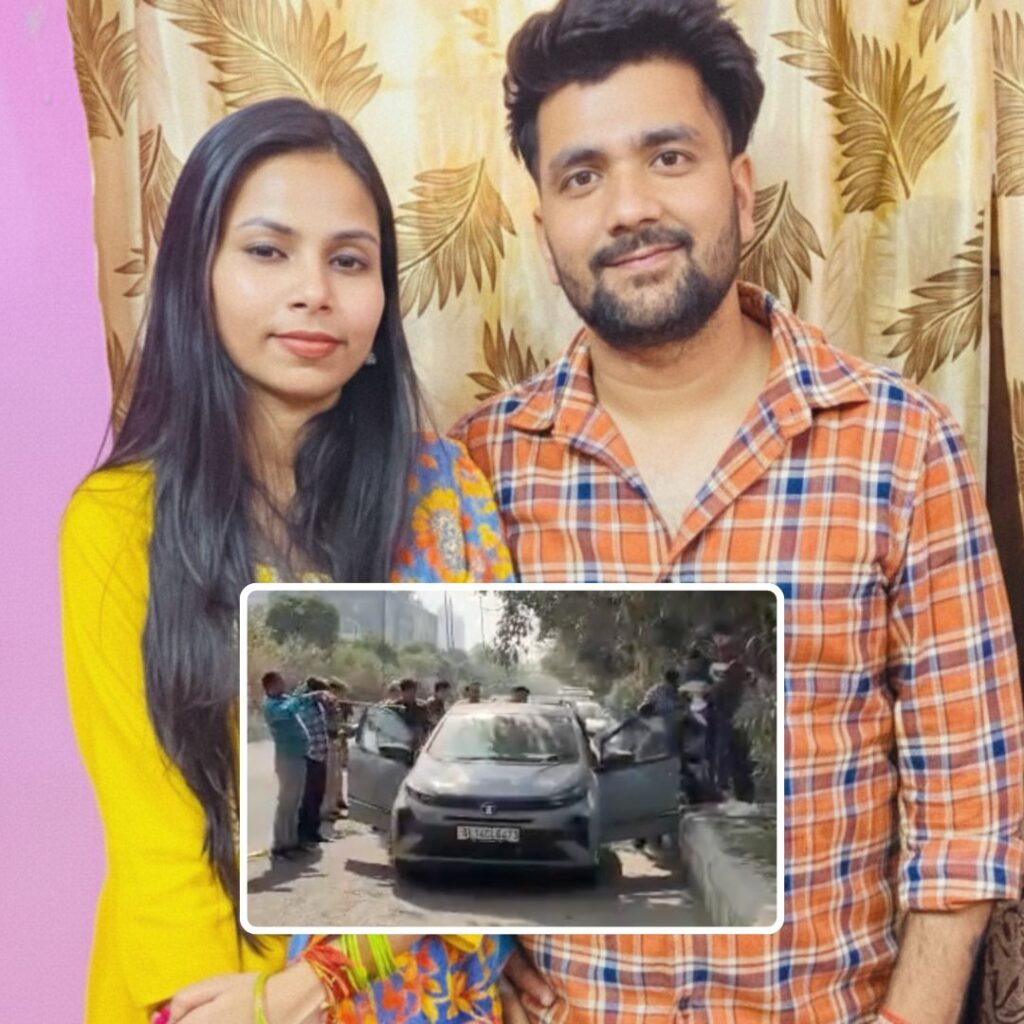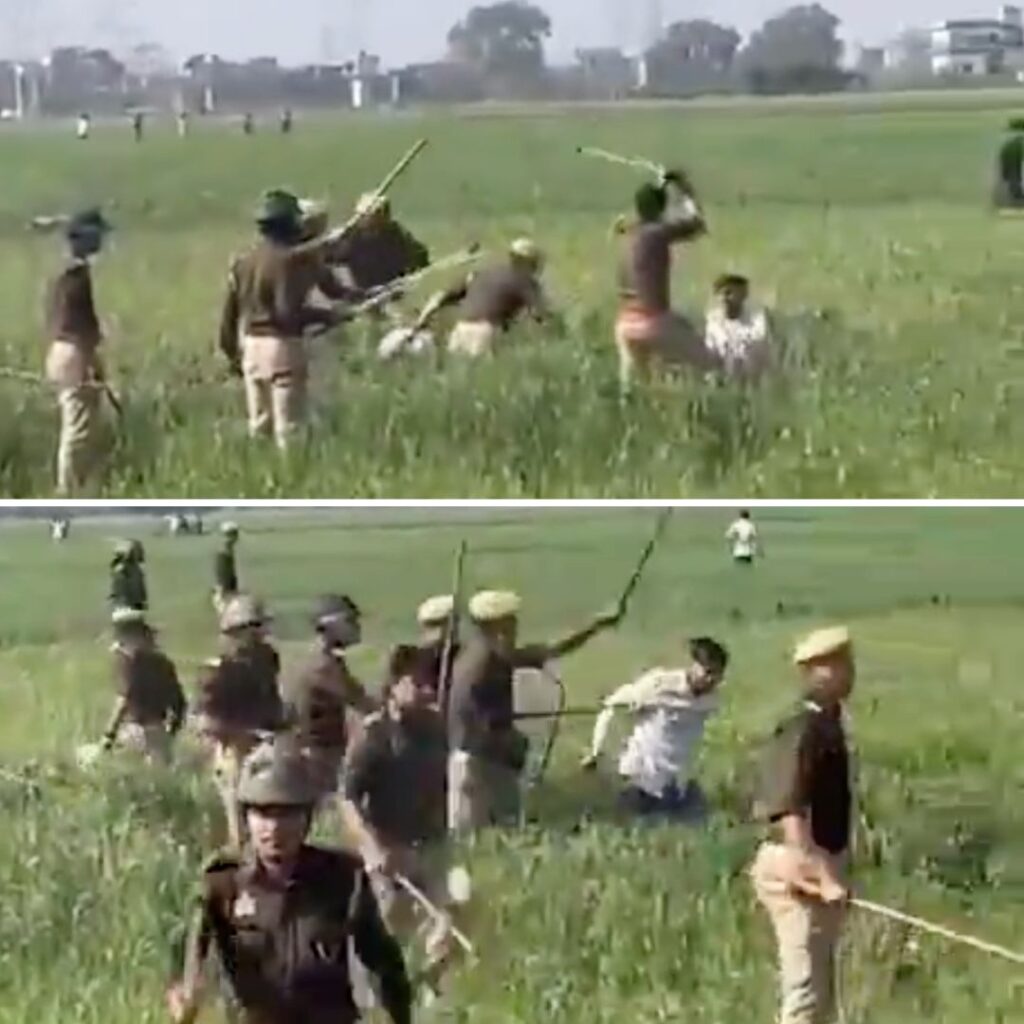In a significant development, the Supreme Court of India engaged in a deliberative session on Wednesday to discuss the nature of Article 370, which granted special status to the former state of Jammu and Kashmir. The hearing was presided over by a five-judge constitution bench led by Chief Justice DY Chandrachud. Senior advocate Gopal Subramanium, representing petitioner Muzaffar Iqbal Khan, expounded on the nature and implications of Article 370, asserting that it was not a source of unchecked power but a conduit through which the Indian Constitution applied to the state.
Subramanium stressed that the constituent assembly of Jammu and Kashmir did not intend to nullify Article 370, instead allowing its continuation. Khan’s petition challenges the constitutional orders issued by the Indian government on August 5, 2019, and August 6, 2019, which resulted in the abrogation of Article 370.
Although the term ‘temporary’ is included in the marginal notes of Article 370, Subramanium pointed out that the resolution endorsed by the Jammu and Kashmir constituent assembly specified that the Indian Constitution would be applicable with certain modifications. This interplay between the state’s constitution and the Indian Constitution was facilitated by Article 370.
” Even though the word ‘temporary’ appears in the marginal notes of Article 370 of the Constitution, the resolution passed by the Jammu and Kashmir constituent assembly said that the Constitution of India must apply with these modifications. The constitution of Jammu and Kashmir and Indian Constitution were speaking to each other through Article 370,” Subramanium said as per a report in NDTV.
Subramanium also emphasized that Article 370 should not be perceived merely as a tool of political power or negotiation but rather as a principled agreement between the people of India, represented by the Indian Constituent Assembly, and the people of Jammu and Kashmir.
He elucidated various approaches to constitutional arguments, including historical, textual, doctrinal, and structural interpretations. Regardless of the approach, Subramanium contended that the outcome would invariably support the petitioner’s stance.
“The impugned orders – Constitution Orders- 272 (issued on August 5, 2019) and Constitution Order- 273 (issued on August 6, 2019)- in sum and substance do away with the Constitution of Jammu and Kashmir. That is impermissible, not authorised under the law,” Subramanium argued.
Referring to Chief Justice Chandrachud’s remark from the previous day, Subramanium highlighted that the will of the people is typically expressed through established constitutional institutions in representative democracies. He asserted that both the constituent assembly and the legislative assembly of a state are such institutions recognized under the Indian Constitution.
The senior counsel emphasized that the constituent assembly of Jammu and Kashmir had explicitly confirmed through a resolution that they did not want Article 370 to be abrogated. This was because Article 370 acted as a communication bridge between the Indian Constitution and the state’s Constitution.
Arguments On Article 370
Subramanium questioned the unilateral abrogation of this arrangement, noting that the Constituent Assembly of Jammu and Kashmir had taken proactive steps which were accepted by India. He argued that the agreement between the two entities was a federal compact, with Article 370 outlining the dimensions of their relationship.
Justice Khanna brought up the 1954 Constitution order that led to the adoption of the Indian constitution in Jammu and Kashmir with specific omissions and modifications. He remarked that, essentially, what was adopted was the Indian constitution with certain exceptions and adjustments.
Subramanium concluded his argument by underlining that the Jammu and Kashmir constitution could only be repealed by the state legislature, not unilaterally abrogated.
The hearing will continue with senior advocate Zafar Shah, representing the Jammu and Kashmir Bar Association, presenting his submission on the next day.
On Tuesday, the Supreme Court clarified that a Brexit-style referendum regarding the abrogation of Article 370 was not applicable in India. The court underscored that India’s democratic process relies on established constitutional institutions to ascertain the will of the people. It drew a parallel to the UK’s exit from the European Union, driven by factors like nationalism, immigration concerns, and economic challenges.
The hearing involves several petitions challenging the abrogation of Article 370 and the Jammu and Kashmir Reorganisation Act of 2019, which resulted in the division of the former state into two union territories, Jammu and Kashmir, and Ladakh. The matter was referred to a Constitution bench in 2019 for consideration.
Also Read: ‘Ex-Judge’s Statements Are Opinions’: CJI Chandrachud On Ranjan Gogoi Remarks
https://thelogicalindian.com/h-upload/2023/08/10/500x300_232838-web-2023-07-04t171527758.webp
Trending
2023-08-10 06:30:38.0
Article 370: SC Hears Arguments On Constitutional Status Of J&K











